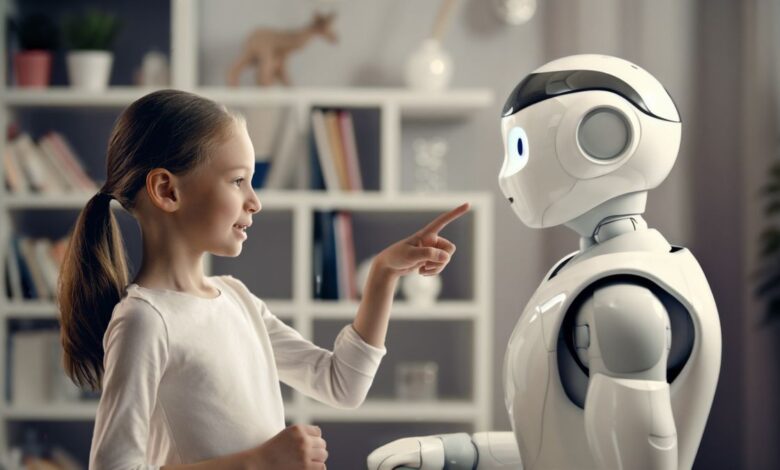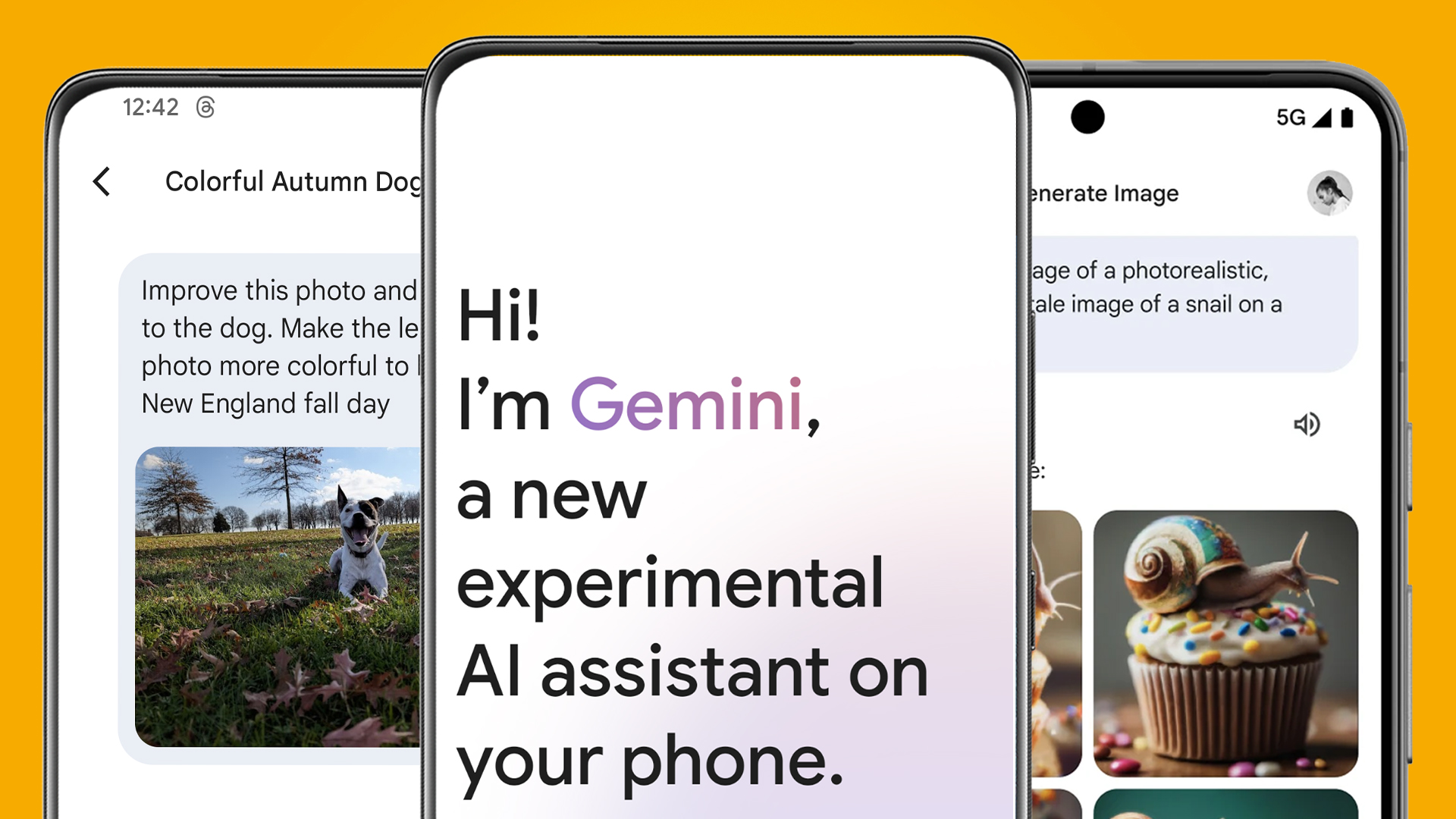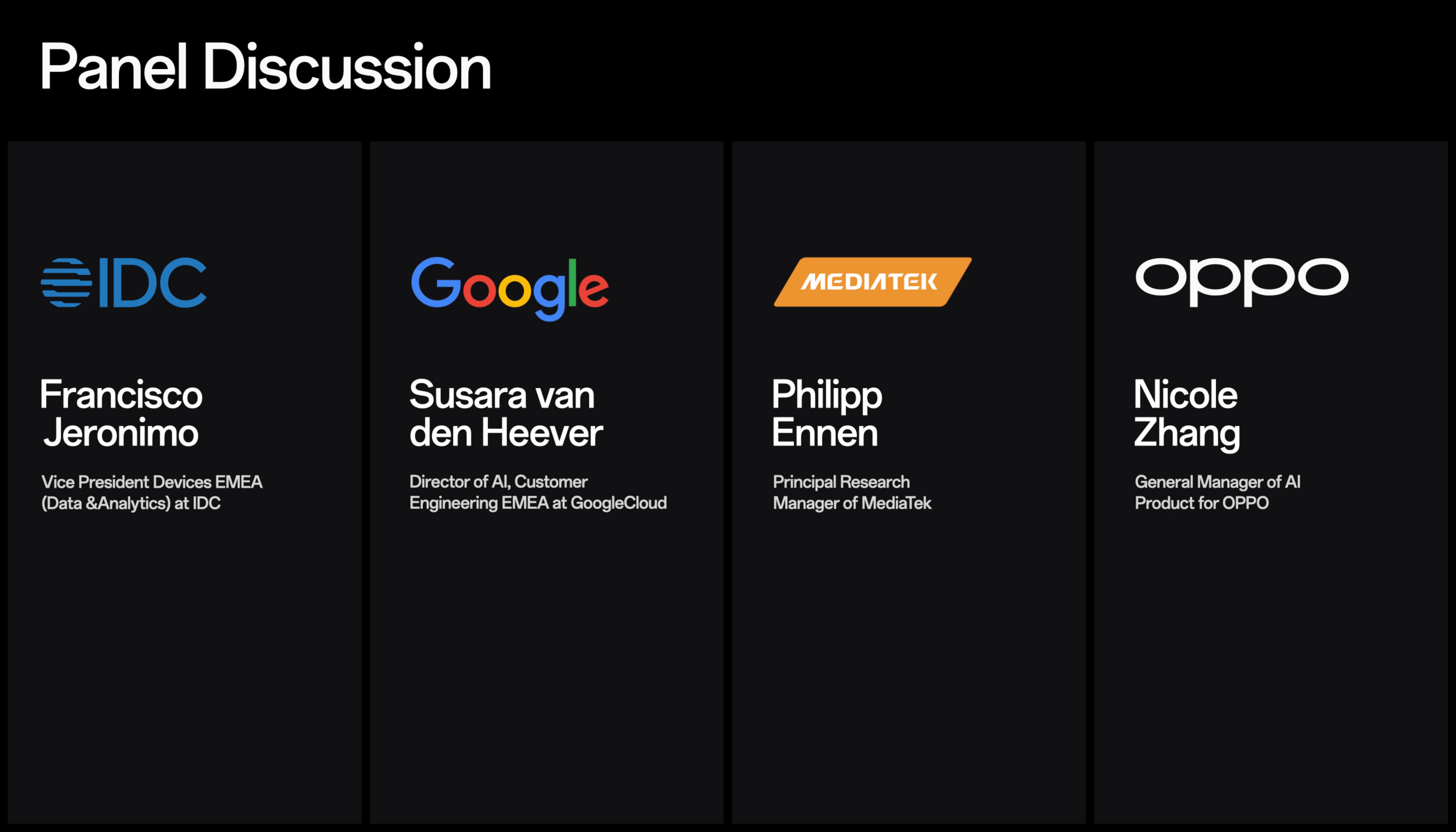‘AI brings a lot of equity to the world’: Google executive explains why smartphones are the perfect place for AI – and how AI might one day tutor your children

The AI revolution is well underway, and although excitement around the likes of ChatGPT and Google Gemini has invariably come hand-in-hand with cautious skepticism (not least from TechRadar’s own staffers), the megacorporations behind these products are – surprise! – utterly convinced of their society-improving potential.
Oppo is the latest smartphone manufacturer to nail its colors to the AI mast, with the brand keen to “democratize AI” by bringing generative AI features to its entire product line. In other words, Oppo’s AI features (like AI Eraser) won’t be reserved for the very best Oppo phones, and Google has expressed its support for this accessibility-first approach by partnering with the Chinese brand on a slew of upcoming AI tools.
Speaking at a recent panel interview to promote Google’s partnership with Oppo, Susara van den Heever, Director of AI at Google’s EMEA Customer Engineering division, explained why she believes that the democratization of AI will prove a net benefit to society – and why smartphones are the perfect vessel through which to kick off that democratization.
“I think there are a number of reasons why smartphones are the optimal platform for AI,” van den Heever explained. “I think one of the most obvious reasons is that time has shown that we, as humans, like smartphones. They’re a very intuitive, natural way of interacting with technology. Whether we do so through our voices or through searching for things or through social media – these things come very naturally to us. And that’s been proven over many years. So I think that’s factor number one. Smartphones suit us naturally.
“Then I think factor number two is the pure reach that smartphones have today. We know that billions of people across the world are using smartphones. I think that [number] will only increase as AI becomes more embedded [into smartphones], making it easier for people to live their lives. Smartphones are a natural channel to get these innovations out into the world.
“But it also works the other way round,” van den Heever continued. “What we [at Google] innovate with smartphones is based on the needs of billions of people. Whether that’s about helping you get an AI tutor to help tutor your children if you can’t afford a private tutor, or something that’s going to help you set up your own business, [AI] is something that brings a lot of equity to the world, and at a massive scale. So I think that’s the second factor.
“And then lastly, when I think of the partnership that Google has announced with Oppo, it’s about bringing more productivity and creativity to the world. Those are factors that, again, touch every single human being. We all love being more productive at work so we have more time to do fun things. And those fun things might be more creative: our interactions, our hobbies – whatever the case may be.”

It’s clear, then, that Google is firmly of the opinion that AI isn’t the big, bad wolf it’s often made out to be, which will come as a surprise to absolutely nobody, since a company would hardly criticize the product on which its next era of profitability relies.
But while the thought of watching a voice-operated Google chatbot teach your child algebra is certainly dystopian, it’s worth contextualizing that image by remembering that Google is talking about giving everyone, everywhere, the option to benefit from such services. Nobody (I hope) is suggesting that an AI tutor could or should replace a real, human tutor, but how many families across the world can afford that luxury?
If Google can harness the information-gathering smarts of Google Search with the conversational tone of ChatGPT in a way that’s accurate, regulated (read: safe) and, crucially, available to anyone with a Google-compatible smartphone, then it’s hard to argue against the company’s utopian vision.
Of course, we’re still a long way away from that criteria being met – keep AI away from your children, folks! – but partnerships such as the one between Google and Oppo should at least ensure that the future of AI is open to more than just those with the very best phones.




